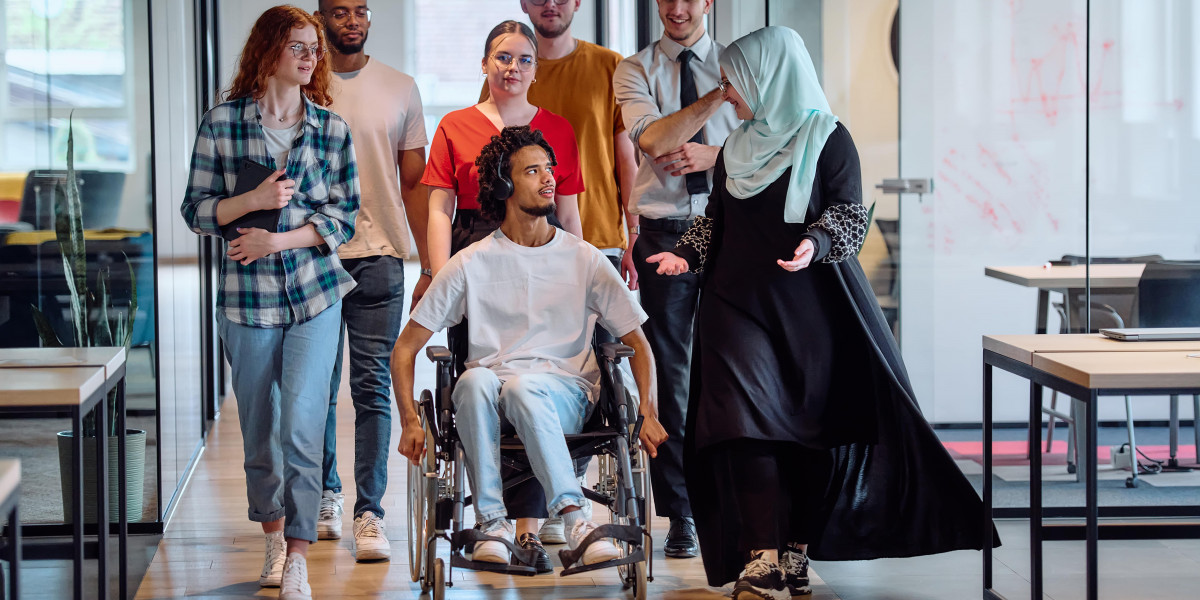The journey to becoming a parent often starts with a simple question: "When is the right time to take a pregnancy test?" For couples trying to have a baby, knowing when to test can reduce stress and provide clarity. In this article, we’ll explain the best time to take a pregnancy test and what to do if the result is positive.
When Is the Right Time to Test?
If you’re using a home pregnancy test, you can test around 14 to 16 days after ovulation, which usually coincides with a missed period. These tests detect a hormone called hCG, which is produced by the body shortly after a fertilized egg attaches to the uterus (implantation).
According to fertility experts at the best IVF centre in Delhi, some tests claim to give accurate results as early as 6 to 8 days after ovulation , but testing too early can lead to false-negative results (a negative result even though you might be pregnant). To get the most accurate result, wait at least 10 to 14 days after ovulation or until the day your period is supposed to start.
What to Do After a Positive Pregnancy Test?
A positive pregnancy test can bring excitement, joy, and sometimes anxiety. Here’s what you should do next:
Visit Your Doctor Schedule an appointment with your healthcare provider to confirm the pregnancy. They will perform a blood test to check hCG levels and may do an ultrasound to confirm the pregnancy and estimate how far along you are.
Start Taking Prenatal Vitamins: Begin taking prenatal vitamins, especially folic acid, which is important for the baby’s development. Ask your doctor for advice on which vitamins to take.
Adopt Healthy Habits :
Avoid alcohol and smoking.
Reduce caffeine intake.
Eat a nutritious diet.
Stay hydrated by drinking plenty of water or other fluids.
Exercise Safely: Engage in low-impact activities like walking, swimming, or dancing. Always check with your doctor before starting any intense exercise.
Whether your pregnancy was planned or unexpected, your doctor can guide you on the next steps and provide necessary care.
When Should You Seek Medical Help?
If you experience symptoms like abdominal pain, vaginal bleeding, or severe cramping after a positive test, contact your doctor immediately. These could be signs of complications, such as an ectopic pregnancy or miscarriage, which need urgent medical attention.
Why Timing Matters
Understanding when to take a pregnancy test and what the results mean is an important part of your journey to parenthood. Waiting for the right time to test and seeking medical advice after a positive result can help you move forward with confidence.
Final Thoughts
Knowing when to take a pregnancy test and understanding the results are key steps in your journey to parenthood. By waiting for the right time to test and consulting a doctor after a positive result, you can ensure that you receive proper care and guidance. Whether you’re trying naturally or undergoing fertility treatments, support is available to help you achieve your dream of becoming a parent.
Frequently Asked Questions
1. What happens if you take a pregnancy test too early?
If you test too early, the hCG levels in your body may not be high enough to detect, leading to a false-negative result. Implantation (when the fertilized egg attaches to the uterus) can take up to two weeks, so testing before this process is complete may give inaccurate results.
2. Can anything else affect the results of your pregnancy test?
Yes, not following the test instructions properly can lead to inaccurate results. About 30% of people struggle to follow the instructions correctly, which can cause errors. However, when used correctly, pregnancy tests are usually reliable.
3. What are some early signs of pregnancy?
Early signs include:
Missed periods
Spotting or light bleeding (different from a regular period)
Breast tenderness
Cramping
Feeling different than usual
For many women, a missed period is the first noticeable sign.
4. How many days after ovulation can I take a pregnancy test?
You can detect trace levels of hCG as early as 8 days after ovulation, but waiting until 10 to 14 days after ovulation ensures more accurate results.
5. Can pregnancy be detected 5 days or 2 weeks after unprotected sex?
Testing 5 days or even 2 weeks after unprotected sex may still be too early for reliable results. It depends on when ovulation occurred and whether implantation has happened.










